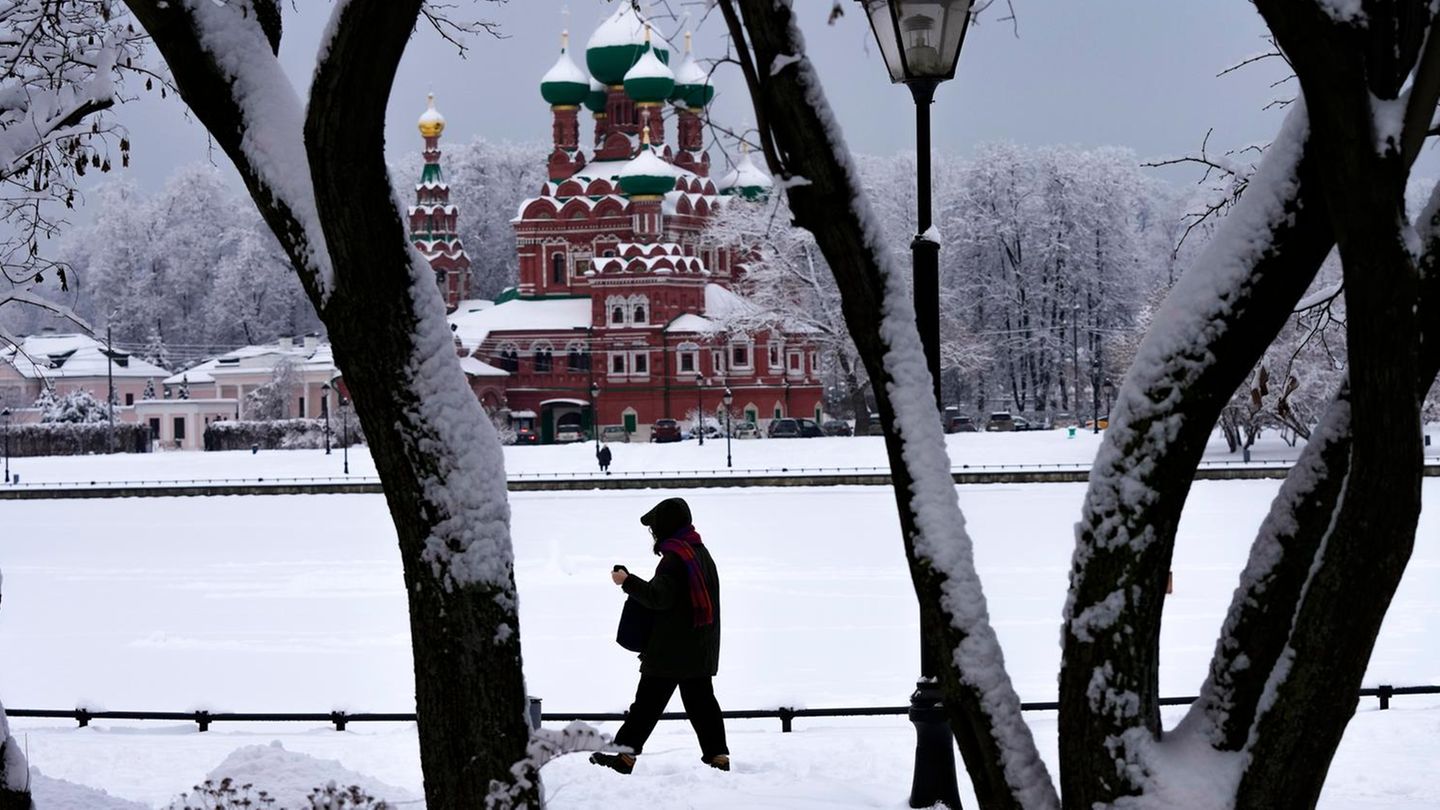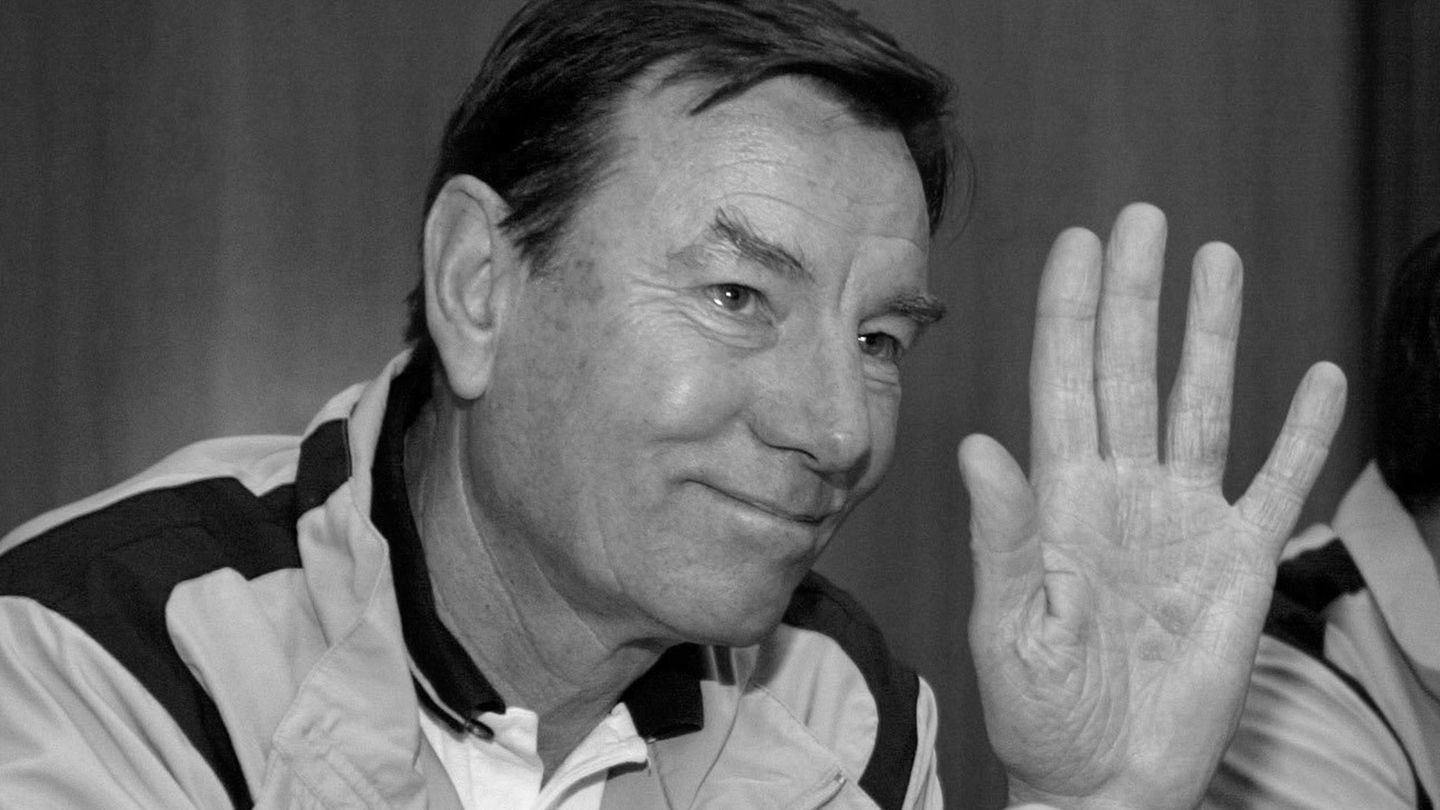Times of conflict are times of propaganda. In Russia, the state media leaves no doubt as to who the good guys are and who the bad guys. CNN and Reuters have been listening in on what Russians are hearing about the situation in the country.
The first casualty of war is truth, they say. But for many years, the worldwide propaganda machines have been running without the din of gunfire. At the forefront of the disinformation front is Russian foreign broadcaster RT, formerly known as Russia Today. In mid-December, those responsible started the German-language program RT DE, but transmission from a satellite had to be stopped after a few days. The editor-in-chief once openly called her station a “weapon in information warfare,” and that’s exactly how German news services and the federal government see it. Since RT does not have a broadcasting license for Germany, the station is not allowed to broadcast, and it is now suing the media authorities.
Russia-friendly tones on Fox News
In the USA, the program is at least partially distributed because the media group Rossiya Sevodnja, to which RT belongs, has signed agreements in Washington and Los Angeles with regional broadcasters there. The Americans now hear pro-Russian tones on significantly more important stations. Right-wing Fox News’ Tucker Carlson, a supporter of former President Donald Trump, has come to come across as the Kremlin’s chief propagandist on his daily shows. He speaks of Ukraine as “some random spot”, of “hubris and stupidity” on the part of the US government and that Ukraine “was not attacked”. Ice cold lies in America’s most popular political show.
Even in Russia itself, at least the state-controlled media leaves no doubt as to who the good guys and who the bad guys are in the conflict with Ukraine and the West. Some international media have been in the country listening to what Russians are hearing about the situation.
For example the US broadcaster CNN:
“If you watch state television from Moscow, you see videos of soldiers and tanks, barbed wire and snipers aiming, but it’s not Russian troops that are ready to attack, but NATO’s.
Welcome to Russia’s mirrored account of the showdown over Ukraine. In the country’s parallel media landscape, NATO forces are now implementing a plan that has been in the making for years: encircle Russia, overthrow President Vladimir Putin and seize control of Russian energy resources.
The flagship of Russian state television is called “Vesti Nedeli”, meaning “News of the Week”. Last Sunday, moderator Dmitry Kiselev said: “Instead of responding to the Kremlin’s peace efforts, they are showering us with accusations and new threats.” Any hint of discord between Europe and NATO becomes a headline in Russia. One of the recent top stories was the resignation of German naval chief Kay-Achim Schönbach after his comment that ‘Putin deserves respect and Crimea remains Russian’. The post ended with a satisfied hint that the officer had to resign.
Putin’s spokesman Dmitry Peskov accuses Washington of ‘information hysteria’, ‘lies’ and ‘fakes’. (The word ‘fake’ has now become a Russian word and is pronounced almost exactly as it is in English.) Maps on Russian state television showing Russia’s ally Belarus surrounded by NATO bear an uncanny resemblance to maps in Western media reports showing Ukraine show how she is surrounded on three sides by Russian troops.
Ukraine may not yet be engaged in a full-blown invasion, but there is already a full-blown war of words in Russian media.”
Also dealing with the reporting and mood in Russia.
“In their coverage of Ukraine, Russian media claim that it is the ‘western panic’ that is fueling tensions, with US troop surges and arms deliveries to Kiev, and not the presence of around 100,000 Russian soldiers on the border with Ukraine Ukraine.
“Americans have been scaring themselves with a Russian invasion for months,” says a reporter in a News of the Week article. “It is important for the Kremlin that it appears as if the West is heating up the situation,” says Denis Volkov, director of the independent Moscow polling institute Levada, about the state media’s reporting.
If you ask passers-by on the streets of Moscow, they say that Russia is on the defensive. “I don’t think Russia wants to attack anyone. But I can well imagine that the West is already provoking. Russia will have to defend itself,’ says a woman who calls herself Olga.”
Russia’s conspiracy theories about Ukraine
The “New York Times” looks at social media, in which the broadcaster RT spreads conspiracy theories about Ukraine, such as that the country is planning genocide against the Russians. “A video is circulating in which Vladimir Putin says the events in the East resemble a genocide. News Front, which the State Department (US, ed.) classifies as a disinformation channel with links to Russian security circles, on December 13 is a Article followed in which it is claimed that the USA does not regard the (alleged, ed.) massacres as genocide.
For months Russia has been deploying troops (to the border with Ukraine, ed.) during which time Moscow and its online army have dug up old evidence of Ukrainians collaborating with Nazis, falsely accusing the US of using proxy fighters for chemical attacks, and claims that Russia is planning military operations to protect ethnic Russians in order to forestall NATO action.
According to American intelligence services, Russia has been running an ongoing disinformation campaign about Ukraine since 2014. Since December and January they have been observing an upward trend, so Moscow is increasing the pressure on the government in Kiev”.
Sources: , DPA, AFP, “”,,
Read more about the topic:
Always trouble with the ex (partial republic) – Russia’s conflicts with its neighbors
“Everywhere is shot again”: Why the war in eastern Ukraine could flare up again (star +)
Ukraine cannot fully rely on NATO. That is clear according to Joe Biden’s statements (stern +)
Source From: Stern
David William is a talented author who has made a name for himself in the world of writing. He is a professional author who writes on a wide range of topics, from general interest to opinion news. David is currently working as a writer at 24 hours worlds where he brings his unique perspective and in-depth research to his articles, making them both informative and engaging.




